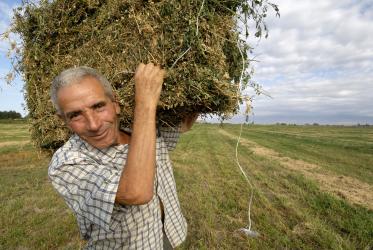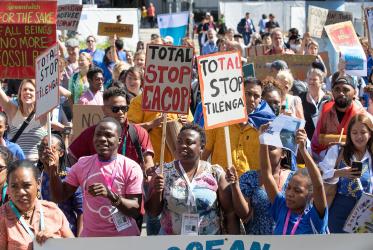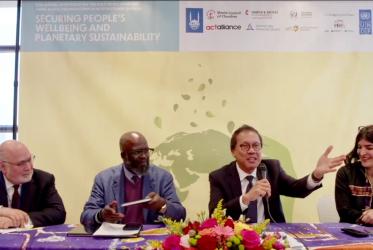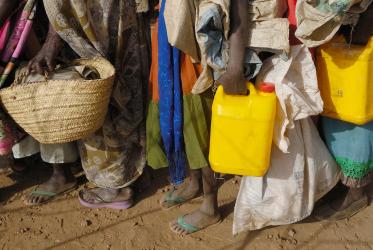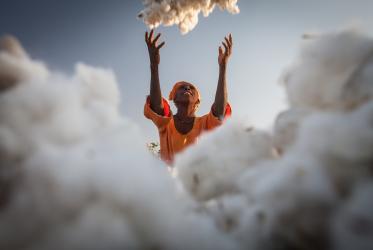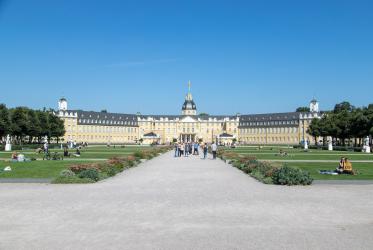Displaying 1 - 20 of 64
04 April 2024
2022 Social Forum: Water for human rights and sustainable development
03 - 04 November 2022
Palais des Nations in Geneva, Switzerland
WCC governing body builds momentum toward WCC 11th Assembly
15 February 2022


